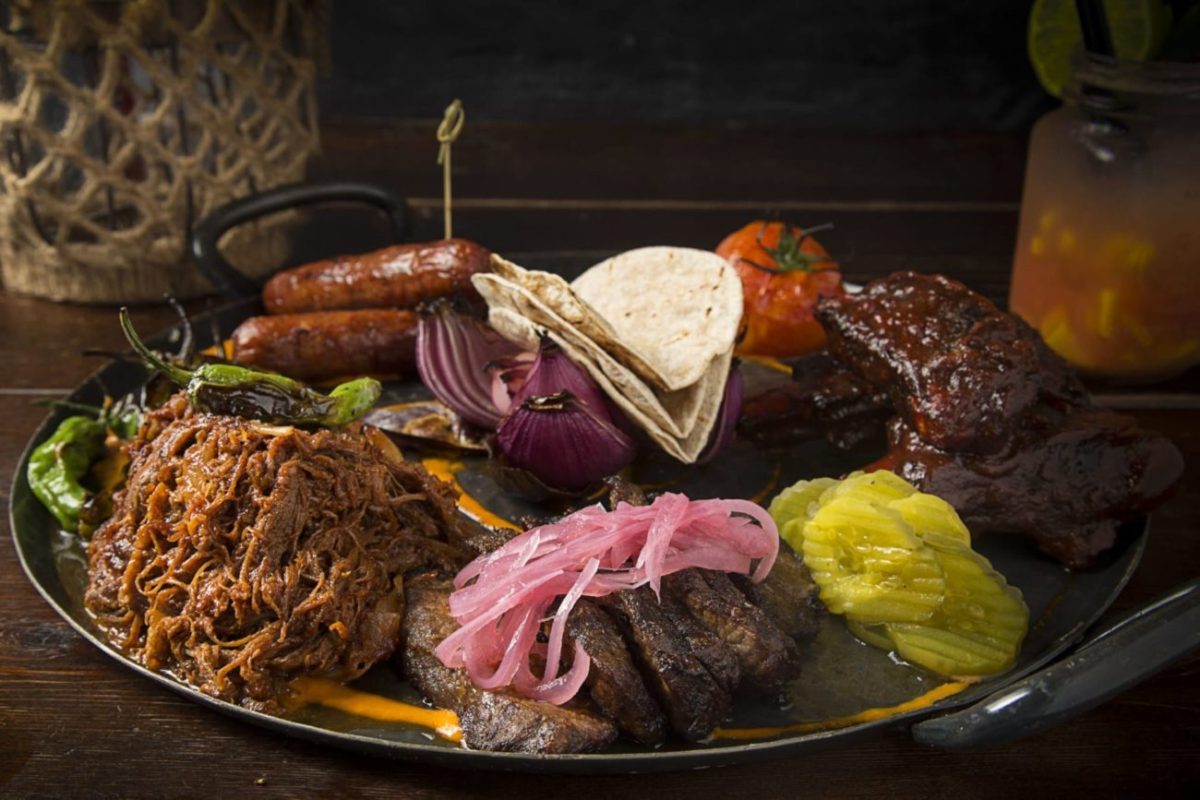Question: Is it true that Sepharadim only eat Bet Yosef meat?
I have been asked this question many times and I would like to address it in depth, especially from the historical and geographical points of view, examining what were the practices of communities which we consider Sephardic in different times and places. But before I answer this specific question, I would like to get feedback from the readers on the following one:
Did you ever face problems because you or someone else insisted on eating only Bet Yosef meat or only Glatt meat?
If the answer is positive, I would love to have as detailed description as possible. If you’d rather not go into details, you could refer to those general points: who was involved (only you; family; friends; strangers); was the problem financial, social, or lack of food alternatives; did the problem negatively affected you or other people involved?
The reason I am asking this question is that there is one change which is obvious to anyone who studies recent history and economy, and whose impact is well documented in the Halakhic literature. That change is the change in the way we define, process, distribute, and consume meat. The sheer size of the international meat industry is mind-numbing, and meat lovers can feast on meat three times a day if they so wish. The methods of preservation and transportation have also improved immensely since the second half of the Twentieth Century, and the Kosher meat market is not lagging behind. Slaughtering crews are flown all over the world to provide high quality Kosher meat to demanding consumers, and non-Kosher supermarkets, including Costco and Trader Joe’s, carry Kosher meat, cold cuts, and fowl.
Because of all that, there is a feeling, which has become a Halakhic argument, that Kosher meat of the “stricter” standards, such as Glatt and Bet Yosef, is easy to come by, and there is no need to be “lenient” and to allow the use of meat which in the not-too-recent past was considered Kosher. Here, for an example, is a quote from the book הוד יוסף חי.
The goal of the author of the book, Rabbi Zechariah Zermatti, was to create an annotated anthology of the Halakhot of Rabbi Yosef Messas, one of the greatest poskim of the Twentieth Century. Rabbi Messas was a giant in spirit, wisdom, and love for all, whose opinions I have quoted numerous times. Rabbi Zermatti, who has tremendous reverence and respect towards Rabbi Messas, cites his ruling on Bet Yosef, Glatt, and Kosher meat, in which Rabbi Messas says that as newcomers to Israel, all should accept the ruling of the local rabbinates and eat the “regular” kosher meat (now almost non-existent in the US, since all meat is labeled Glatt:
הלכה למעשה אנו כאן כעולים חדשים בארץ ישראל, חובה עלינו ללכת אחרי הדברים הציבוריים גם לקולא.
Rabbi Zermatti, despite being loyal to Rabbi Messas’ words, finds it difficult to fully accept his opinion in practice, and he writes in his comments (p. 202, footnote 355):
העולה מכל הנ”ל… שבימינו שכמעט אין קושי להשיג בשר חלק כחומרת הבית יוסף, ובלא חסרון כיס… נדמה שעליהם… ללכת אחרי החלק… משום שלדעתנו זה היה מנהגם לפני הקולות לפי הצטרכות הזמן והמקום, קולות שבחסדי שמים עם חזרת העם לארצו ולמדינות, אינן מחויבות המציאות עוד.
Today that there is almost no difficulty in getting Glatt Bet Yosef meat, and no financial loss [is caused]… it seems that they [Moroccan Jews] should consume Glatt meat… because we believe that this was their original custom before they needed to rely on leniencies because of the time and place… these leniencies are no longer necessary, now that the nation has returned to its land and country.
Rabbi Zermatti argues that in the distant past all Sepharadim ate Glatt meat, but they had abandoned their practice because of financial problems. Now that Glatt Kosher meat is readily available, they must return to their original practice.
My question here is not regarding the veracity of the historical argument (though I will deal with it in the future) but rather regarding the claim that there is no burden or loss involved in being more “strict”.
That is why I am asking you, dear readers, to write and let me know if you were ever in a situation where you felt that the distinction between different levels of Kashrut caused you a loss of money, time, relationships, or sanity.
Awaiting your responses…







